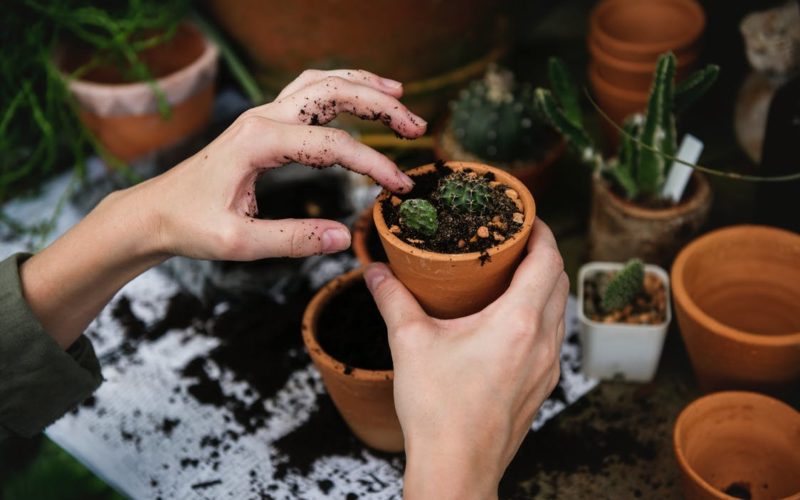The Overlooked Benefits of Gardening
Recently, there has been a lot of buzz regarding the good nature can do for your physical and mental health. According to Psychology Today, new studies have shown that there is a clear link between our overall well-being and time spent in nature. Getting into nature allows us to use our hands, follow our natural curiosity and unplug from the fast-paced, modern world we live in. However, despite these benefits, many people do not get out into nature because they do not believe that they have enough time.
This is not unreasonable, considering that many of us are stretched as it is. But, getting out into nature does not mean trekking through some solitary woods or going on a week-long camping trip. In fact, you can easily connect with nature in your backyard by gardening. In fact, gardening has a number of key benefits that even the busiest people can benefit from.
Benefits of Gardening
Most obviously, gardening gets us off the couch and moving. The average American does not get the recommended amount of exercise. This can lead to all sorts of physical and emotional health problems. Why don’t more people exercise? Because it is hard. Exercise is not natural; humans are not psychologically made to exercise for the fun of it. Instead, we are wired to exercise toward a specific goal, such as hunting. However, our modern world does not have many opportunities of reward-directed activity. Gardening, however, is an obvious outlier. Gardening gets us off the couch and active toward a specific goal, which makes staying active and getting in our recommended daily activity easier.
Gardening also has a number of mental health benefits, which is extremely good for those who are looking to boost their self-care routine, be it business professionals or those battling substance abuse. It is stress reducing largely because gardening exposes you to sunlight and requires you to use your hands, both of which have been connected to an improved mood and decreased stress levels. Gardening has also been shown to improve self-esteem. After all, nothing makes you feel as accomplished as growing a large plant from a small seed. While mental health is often overlooked, it is extremely important for our modern world. Ignoring it can lead to unhappiness, unhealthy coping strategies and mental illnesses like addiction.
Gardening is also good for children. Children are also prone to not getting their daily exercise requirements, and gardening can help them get outside and get moving. Plus, getting kids using their hands helps with various motor skills. Getting your children interested in gardening will contribute to good physical and mental health as they age into teenagers and later into adults.
Getting Started
Gardening sounds amazing, right? But, it might seem overwhelming to actually get started, especially if you’ve never been around a garden before. However, it isn’t as hard as it needs to be. According to Better Homes & Gardens, it is easy to get started in only 10 easy steps. First things first, you need to decide what type of garden you want. You can have something simply like a vegetable garden or a flower garden, or you could narrow your focus even more and grow a specific family of plants or even focus on growing only native plants.
Once you figure out what type of garden you’ll want, you need to research what plants you want to put in it. This will affect when you start your garden, what pre-gardening you’ll need to do and whether you’ll have to improve your soil or not. A good gardening book focused on your type of garden is a great way to find out this information and plan your garden correctly.
Gardening is an overlooked art. It has a wide number of key benefits, including boosting you’re your mental and physical health. And, it can be implemented a lot easier than you probably think.
Guest author Jenny Wise
Photo Credit: Pexels

